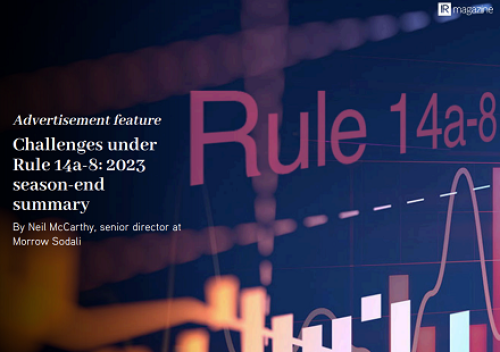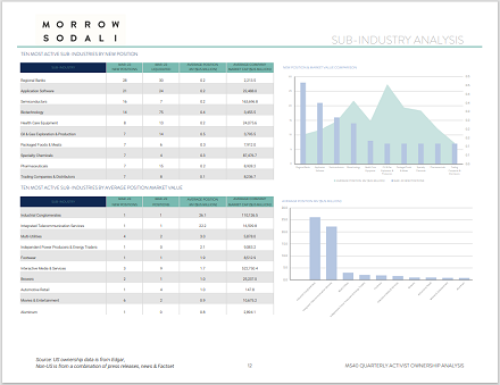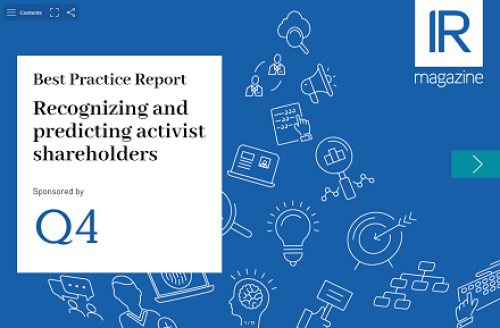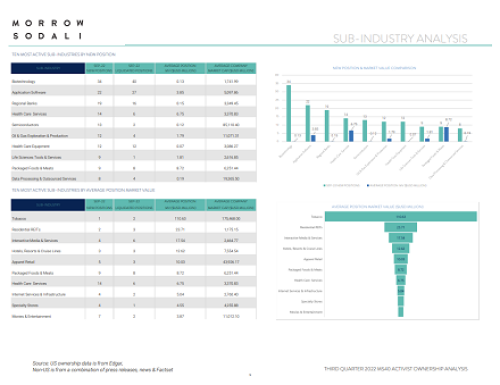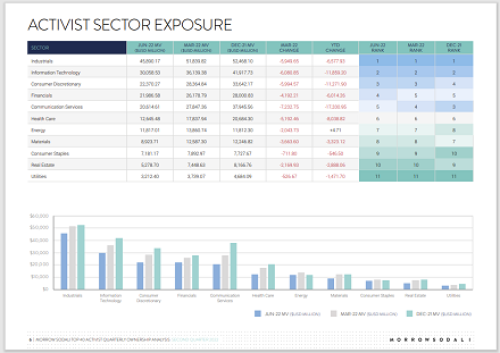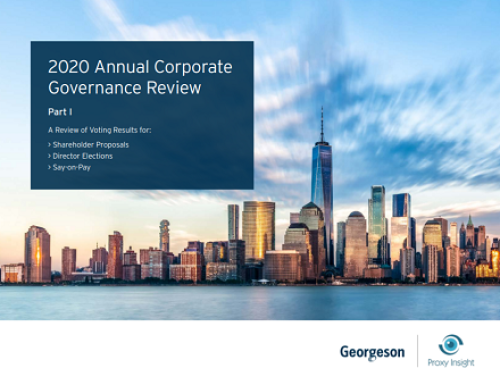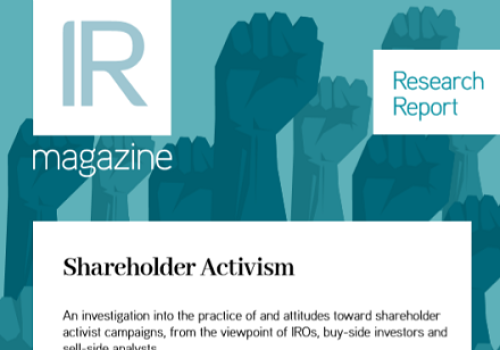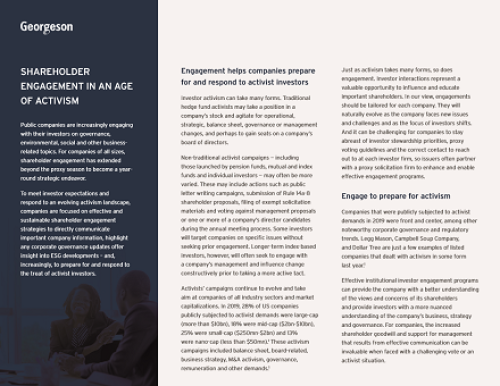Can you explain As You Sow’s history of shareholder advocacy on climate-related issues?
We’ve been working on climate for more than a decade. What’s been interesting about climate and shareholders is that it’s been an evolving arena.
When we first started working on it, climate wasn’t part of the dialogue. Our goal when we started out was the need for finance to be taking account of climate. Every shareholder should be looking at the risks, and companies should be providing information about the risks. The shareholder asks have evolved as we’ve learned more about the science.
How have you seen investor sentiment on climate-related issues evolve?
The finance arena now recognizes the risk priced into activities and lending. If you’re doing business as usual in a world that is decarbonizing, that will not work well for you. Recent votes reflect that – there’s concern about the risk to climate, companies and investors. Climate change is causing on-the-ground impacts that are costing companies more money, and we’re seeing supply chains breaking down.
I look to Climate Action 100+ as a very good indicator of where large institutional asset managers are with regard to climate. Climate Action 100+ has set forth its benchmark very clearly that companies need to put their money and capital investments toward a plan for net-zero impact.
We’re also seeing a focus on accounting. Companies historically have described risk as separate, but [shareholders] are now asking companies to address climate on the books. From the governance perspective, investors are absolutely looking to the audit committees and what they are doing to make sure this happens. This brings together the movement toward boards being responsible for climate action.
As You Sow engaged with 81 public companies on climate during the last year. What was the most memorable?
This year was significant in many cases, but I think General Electric [GE] was a major example of where shareholders are landing. We asked GE to set targets for Scope 3 emissions. It wasn’t quite ready to do that so we filed a proposal and GE’s management recommended that shareholders vote in favor of it. [The proposal received 98 percent support.]
Having followed up with the company, it has set those targets now and is working toward them. The company had not been in front of the climate curve and was paying the price in terms of value – value was declining and shareholders were unhappy. GE re-evaluated, brought in a new CEO and adjusted its new business plan. Shareholders seem to be in support of that. It’s a good example of a company that recognized how harmful its stance on climate issues was to its business.
This is an excerpt from the full interview with Danielle Fugere. It features in a new special report by IR Magazine's sister publication, Corporate Secretary – ‘A Climate of Change: How investors challenged companies on sustainability in the 2021 proxy season’ – which you can download here

